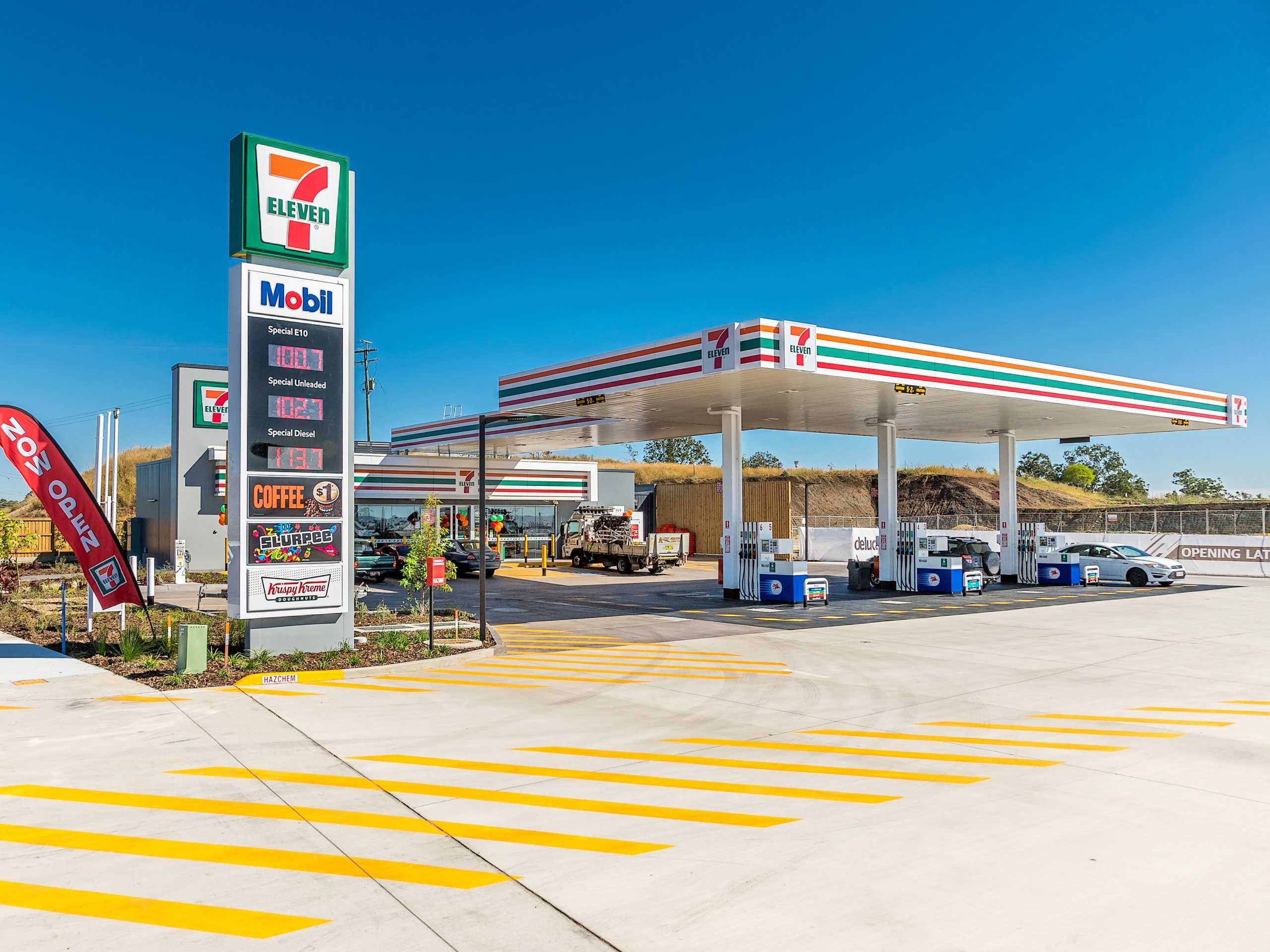A look at the fuel sector: Where should I put my cash for good returns, low volatility and long-term stability?

Industry and retail super funds are reporting widespread losses this financial year, the banks will give you 1.25% for 12 months, or you could invest directly in the share market, but who knows if you will back a winner? The share market is still 17% down from its peak in February 2020.
With constant negative media around recessions, COVID-19, unemployment and general impending doom, it would be easy to believe that everything has dropped, and that losses are everywhere.
However, that is not the case; many parts of the commercial property industry are as strong now as they were pre-COVID-19. The Burgess Rawson Portfolio auction on 24 June proved that in spades.
So, let’s compare the pair.
Burgess Rawson are fuel experts, having handled 65 of the 98 fuel freehold investment sales across Australia in the last 12 months. This represents a market share of 66%.
In December 2019, we transacted properties leased to 7-Eleven in Toowoomba and Caboolture, when COVID-19 was not on the radar for Australians. Both had 12 years to run on the lease, similar size landholding and sold for 6.04% and 6.09% respective yields—impressive returns when you add depreciation benefits.
Now move forward six months to the auction held last week.
Burgess Rawson sold a new fuel site in Redbank Plains, leased to 7-Eleven on a 12-year term, on a smaller block of land for 5.95% yield. A sharper return than that achieved in December 2019 for a directly comparable property at a similar investment quantum.
What does this show for commercial property? It reiterates that the fundamentals of commercial property are stable and have held up during COVID-19 and that long-term stability is critical in these uncertain times.
Compare returns such as these to the performance of the share market, or maybe your industry super fund in the past six months, and the results speak for themselves.
So why has fuel as a sector held up, or even increased? It comes down to the fundamentals of fuel as an investment class;
- Strong underlying land values are underpinned by basic tenant requirements, including main road locations, high profile sites with multiple access points and future development opportunity of sites.
- Government planning controls restrict tenants’ ability to find new suitable sites in established areas.
- Strategic landmark sites are rarely vacated for fear of giving up market share to a competitor, and due to the relative scarcity of alternative high-profile locations.
- The long track record and overall success of major tenants, such as 7-Eleven, provides investors with the confidence that the parent company has undertaken considerable due diligence on a specific property and its location.
- Relative affordability in comparison to other commercial property asset classes.
In the case of Toowoomba, Caboolture and Redbank Plains, the tenant is a favourite with investors. 7-Eleven is Australia’s largest convenience retailer with over 700 stores and 38% market share; the leases were all head leases direct to the parent company.
To discuss our upcoming opportunities or to divest your fuel station while the market is strong, do not hesitate to reach out to me.